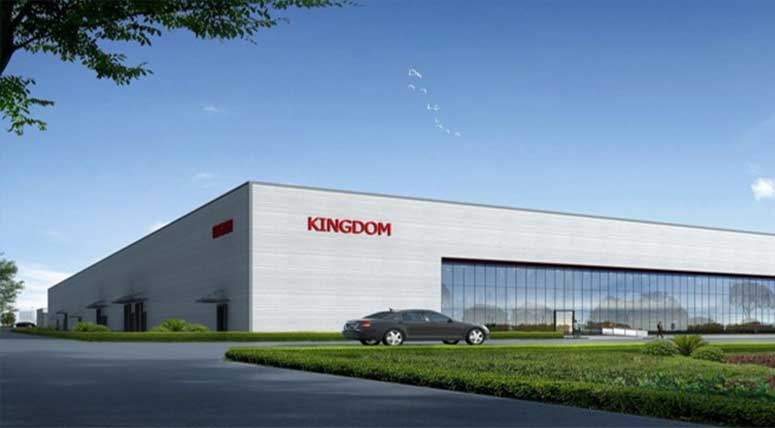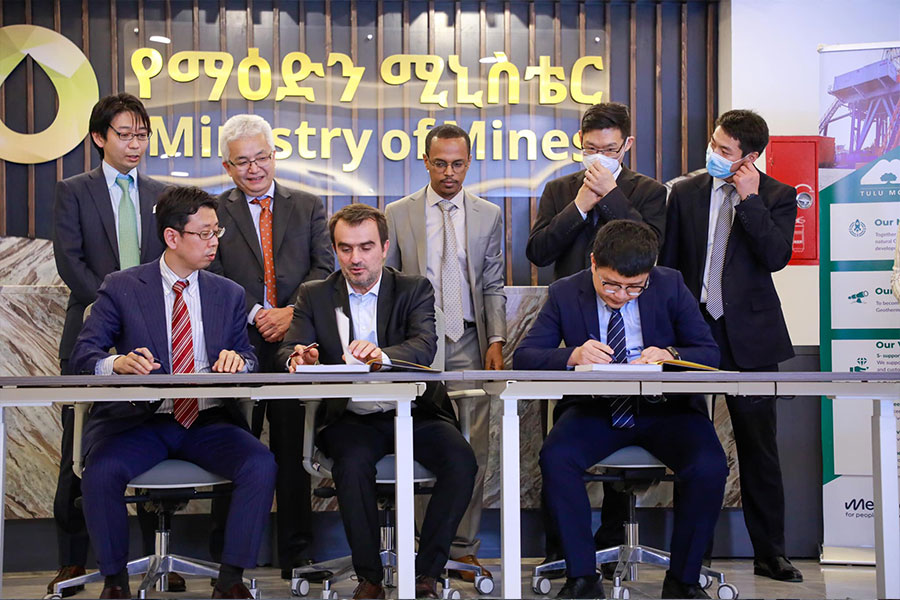
Radar | Oct 10,2020
Bishoftu Automotive Engineering Industry, a wing under the state-owned industrial conglomerate, has completed an expansion of its workshops by investing 173 million Br to double its assembly capacity.
The construction of the new production workshop, which assembles buses, trucks and light truck cabins, took two years to complete. Poly Technology, a Chinese company, engaged with the structural work and supply of the machinery.
The bus and cabin workshops rest on 9,504Sqm and 47,52Sqm of land, respectively. The workshop is expected to be operational after three months, while the cabin workshop has already started pilot production.
The company has a production capacity of assembling eight buses a day. However, it is currently producing two buses a day in two shifts. Once the new plant is completed, it is expected to double the installed capacity of the company and create jobs for 500 people.
Currently, the company has 2,777 employees and a production capacity of 5,000 vehicles a year, excluding military vehicles. It assembles different types of buses, light and heavy-duty trucks, military vehicles, forklifts, telescopes, motorcycles and bicycles.
“We're manufacturing 10pc of the parts for the buses locally,” said Bahiru Daba, marketing manager of Bishoftu Automotive. “Our goal is to raise this to 60pc within six years.”
Bishoftu Automotive, which specialises in designing and manufacturing automotive products and different types of machinery, started assembling vehicles in June 2011, by importing the parts from China and Europe. The plant is located inside the premises of Metals & Engineering Corporation (MetEC) headquarters in Bishoftu (Debrezeit), 40Km from the capital.
First established in 1984, Bishoftu Automotive was operating under the Ministry of Defence, it was then re-established in 2010 as a public enterprise under MetEC to play a leading role in assembling both military and commercial vehicles. It assembled buses for Anbessa City Bus Service Enterprise, the Public Service Employees Transport Service Enterprise, and the Sheger Express Bus System.
Fekadu Gurmessa (PhD), a transport geographer and associate professor at Addis Abeba University, supports the idea of assembling vehicles locally.
"We cannot afford to import complete built unit (CBU) vehicles,” said Fekadu. “Assembling complete knocked down units (CKD) should be encouraged.”
Eshetie Berhan (PhD), an associate professor at Addis Abeba University's Institution of Technology Department of Mechanical & Industrial Engineering, recommends the company to gradually jump into the manufacturing of consumable spare parts too.
“When transferring gradually from assembling to manufacturing," said Eshetie, "the company should also consider the durability of the vehicles."
Bishoftu Automotive, which has about 29 maintenance centres operating as exclusive maintenance centres, is highly criticised for delivering poor quality products.
As a result of a single day trial, out of the 396 buses assigned daily for public transportation in Addis Abeba, 97 buses needed repairs, of which 86 buses were assembled at Bishoftu Automotive, according to a report released last year by the Urban Development & Environmental Protection Affairs Standing Committee of the Addis Abeba City Council.
The company is among the 15 companies operating under MetEC, mainly engaging in the engineering sector. These companies consolidate a total of 98 state-owned enterprises employing a total of 19,500 workers including the military base.
However, last week the Council of Ministries approved a regulation that split four of the military industries from MetEC and consolidated them under the Ministry of Defence. It makes the company purely focus on commercial activities.
The Corporation has also laid off over half of its employees over the past year and a half after it lost almost all of the mega projects it was contracted to including the construction of the Great Ethiopian Renaissance Dam (GERD), Yayu Fertiliser Factory and the sugar factories. Most of its former executives, including the former CEO Kinfe Dagnew (Gen.), were sent to jail charged with corruption crimes.
The new cabin workshop has already started pilot production.
PUBLISHED ON
Jan 25,2020 [ VOL
20 , NO
1030]

Radar | Jun 30,2024

Fortune News | Aug 10,2019

Fortune News | Aug 17,2019

Radar | Mar 07,2020

Fortune News | Apr 02,2022

Dec 22 , 2024 . By TIZITA SHEWAFERAW
Charged with transforming colossal state-owned enterprises into modern and competitiv...

Aug 18 , 2024 . By AKSAH ITALO
Although predictable Yonas Zerihun's job in the ride-hailing service is not immune to...

Jul 28 , 2024 . By TIZITA SHEWAFERAW
Unhabitual, perhaps too many, Samuel Gebreyohannes, 38, used to occasionally enjoy a couple of beers at breakfast. However, he recently swit...

Jul 13 , 2024 . By AKSAH ITALO
Investors who rely on tractors, trucks, and field vehicles for commuting, transporting commodities, and f...

Oct 18 , 2025
The political establishment, notably the ruling party and its top brass, has become p...

Oct 11 , 2025
Ladislas Farago, a roving Associated Press (AP) correspondent, arrived in Ethiopia in...

Oct 4 , 2025
Eyob Tekalegn (PhD) had been in the Governor's chair for only weeks when, on Septembe...

Sep 27 , 2025
Four years into an experiment with “shock therapy” in education, the national moo...